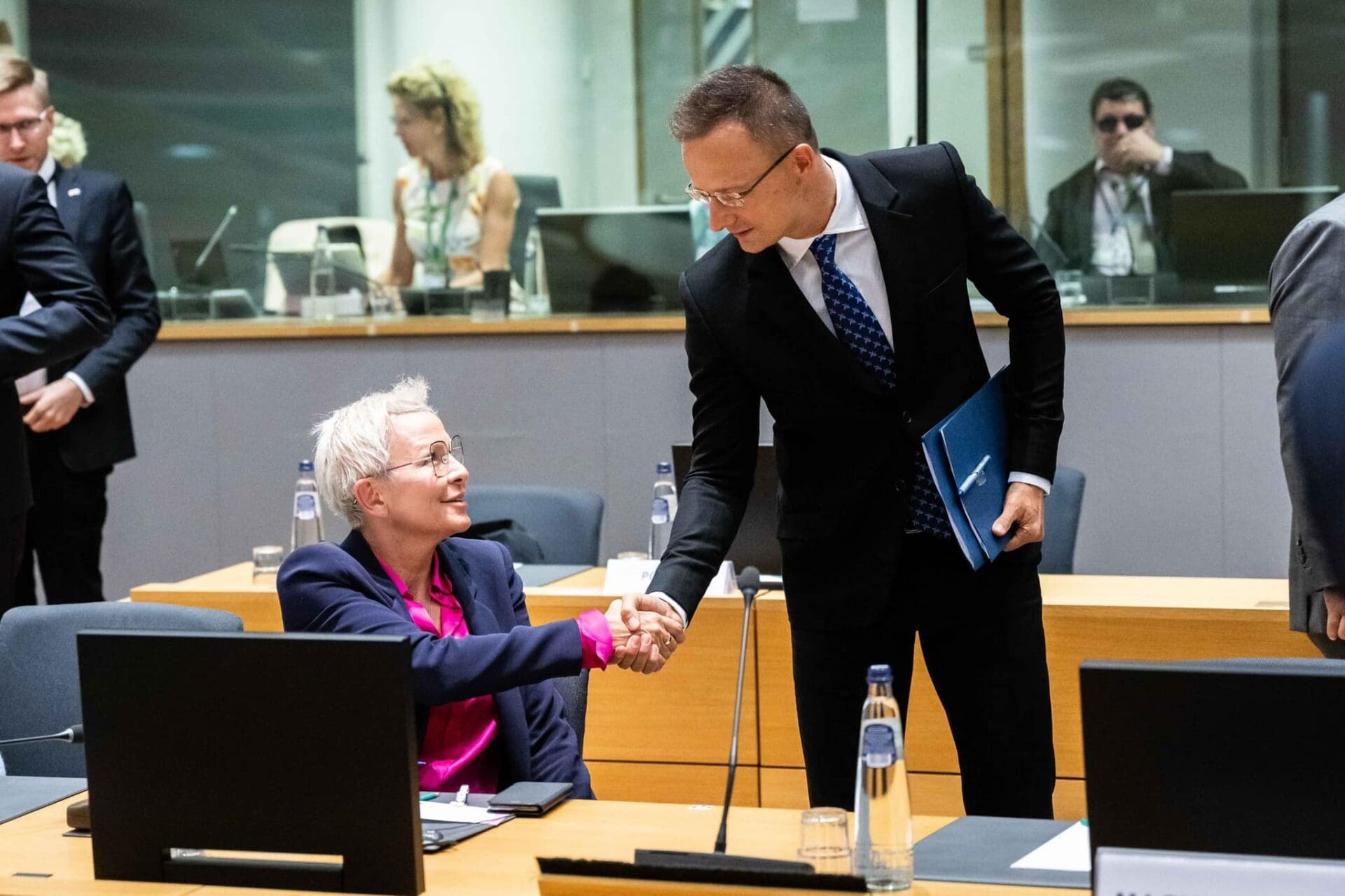
Disputes Arise over the Details of Curbing Energy Prices
While member countries agree that there is a need to curb energy prices, differences have surfaced as to the details of the intervention.

While member countries agree that there is a need to curb energy prices, differences have surfaced as to the details of the intervention.
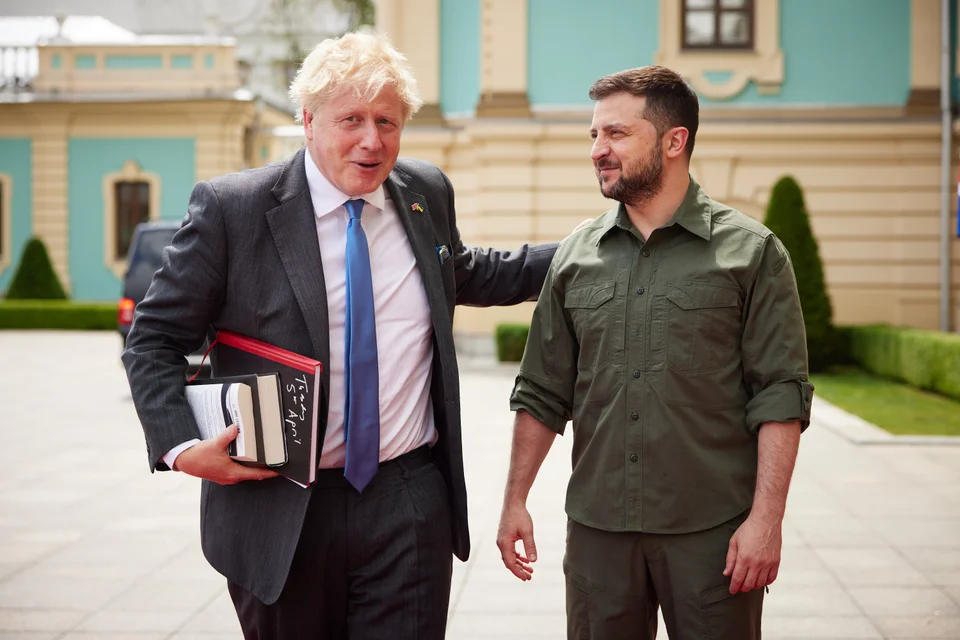
When we think of the scale of suffering the war in Ukraine has been causing worldwide, it is hard to believe that Kyiv all but finalised a peace agreement with Moscow as early as April, less than two months into the war, only to be pressured by the West to drop it. Recent revelations strongly suggest that this might be the case.
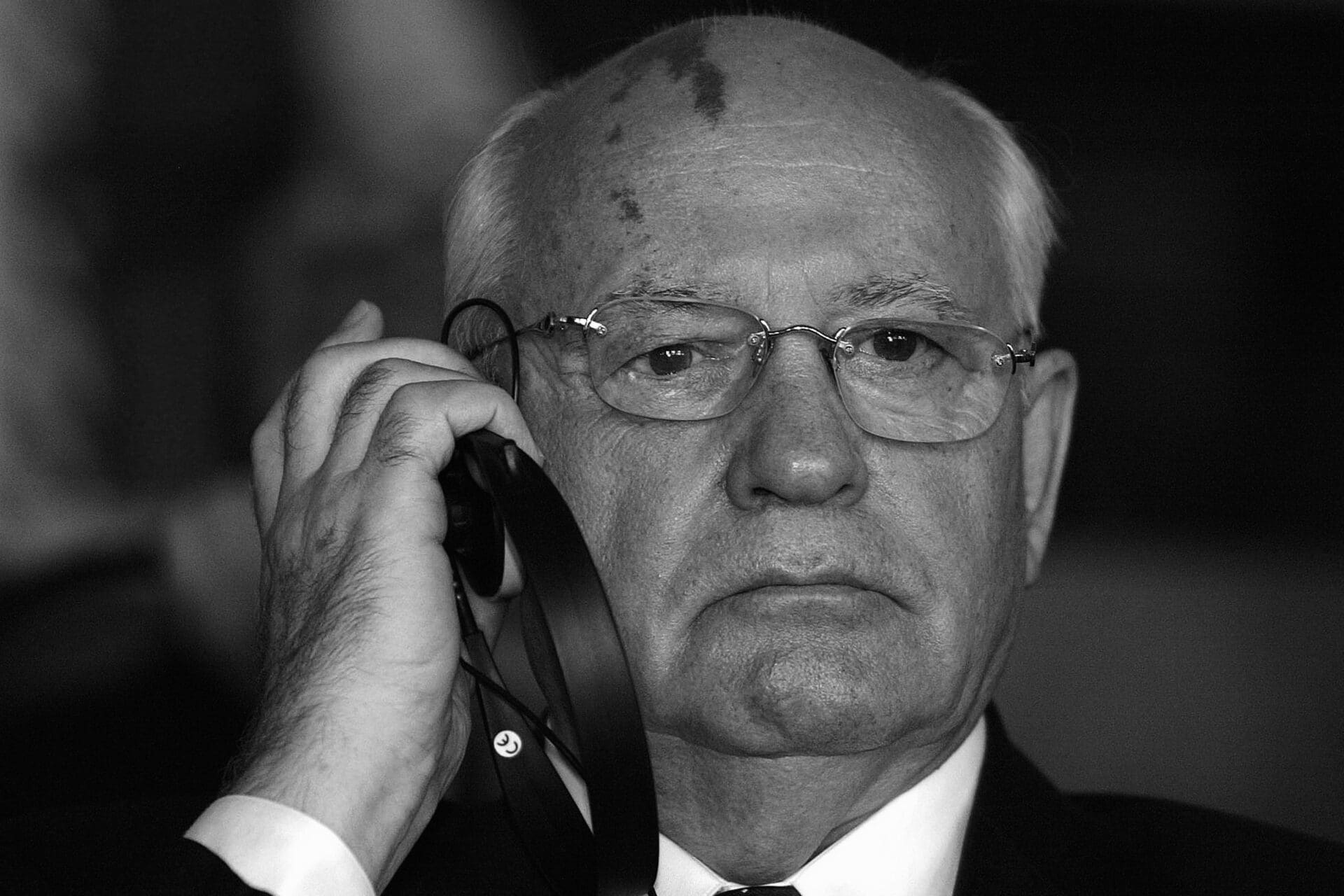
The death of the last leader of the Soviet Union, Mikhail Gorbachev has been remembered worldwide. While some called him a global leader who changed the world for the better, others labelled him a remorseless criminal.
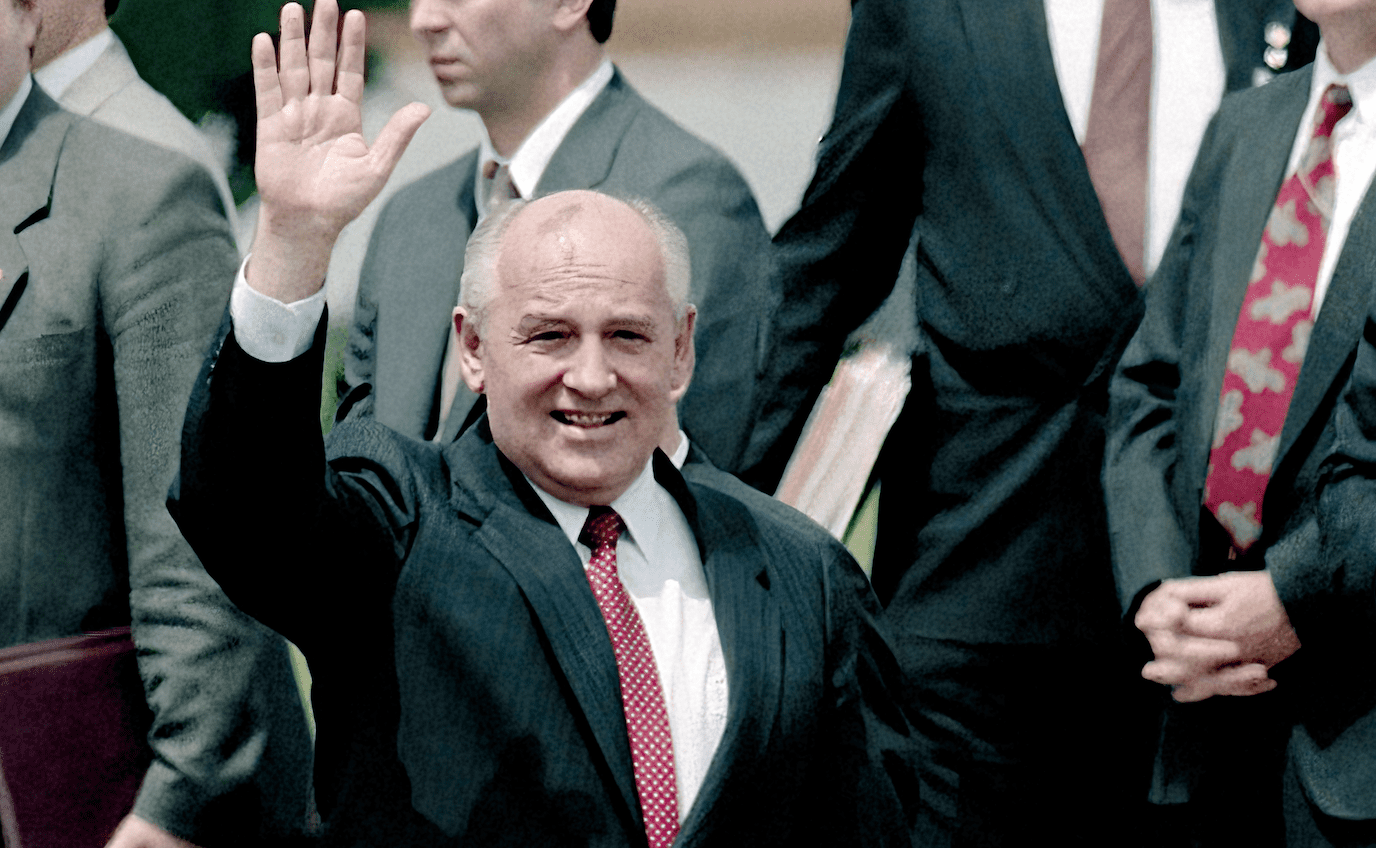
Mikhail Gorbachev, the man who ended the Cold War without bloodshed, passed away on Tuesday at the age of 91.
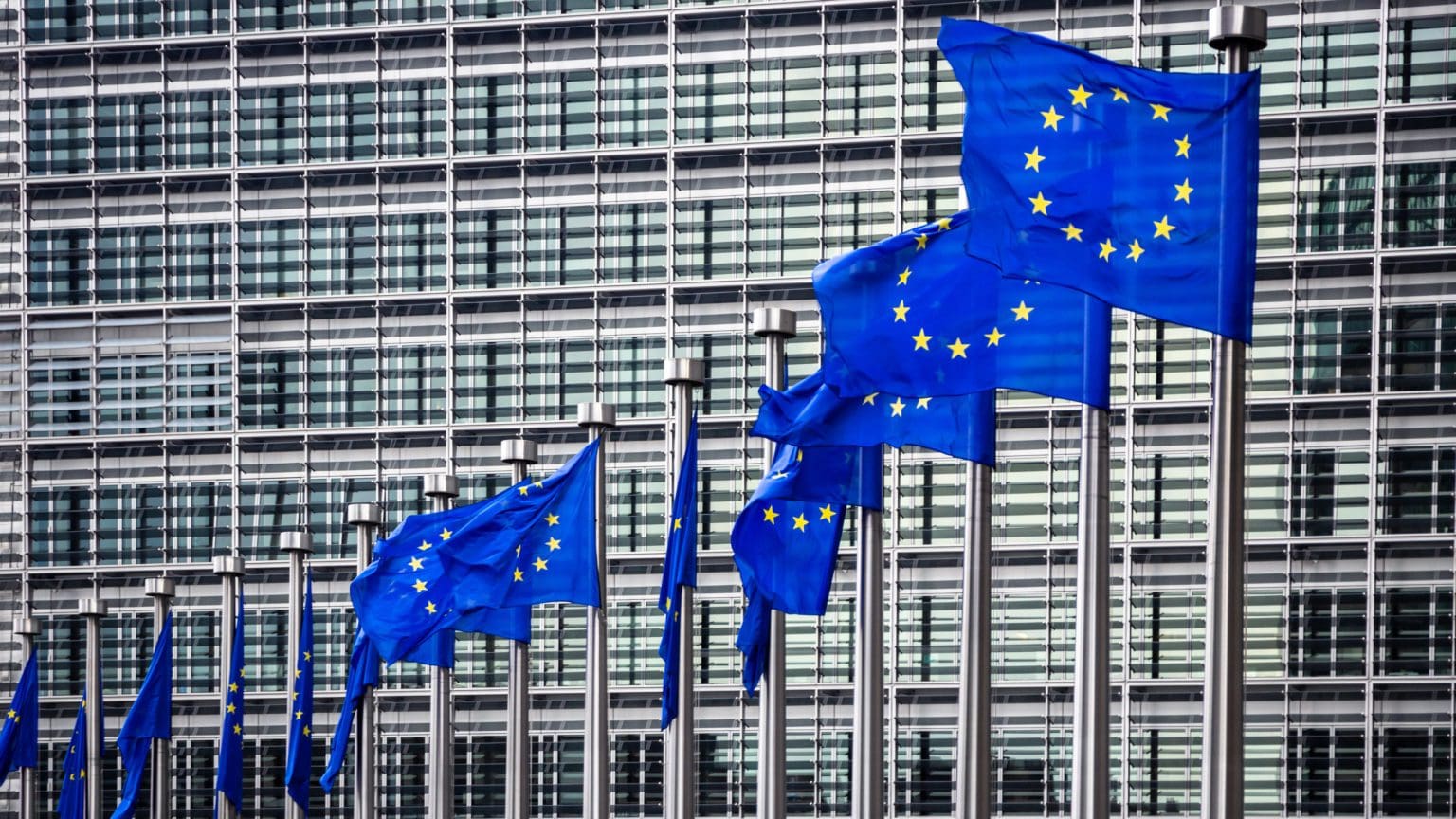
The economic sanctions against Russia seem to have hurt Europe more than the country stricken by them. Russian economy is not weakening as rapidly as those of some EU countries.
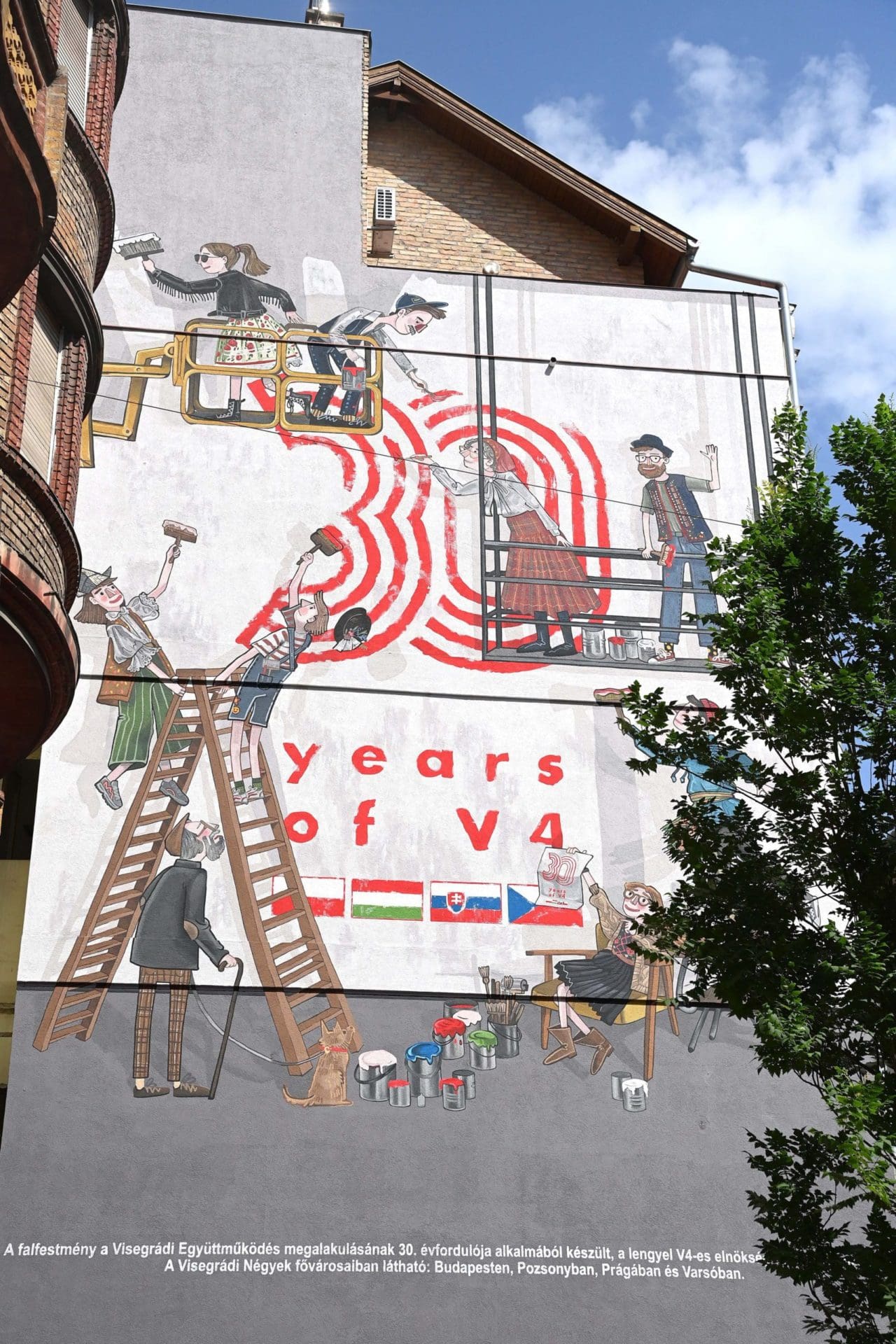
In the last decade, both Poland and Hungary have been actively formulating European policy; however, this duo is not strong enough without the active support of the Czech Republic and Slovakia. It is also a warning sign that the loudest criticisms of Hungary and Poland can often be heard from inside the V4.
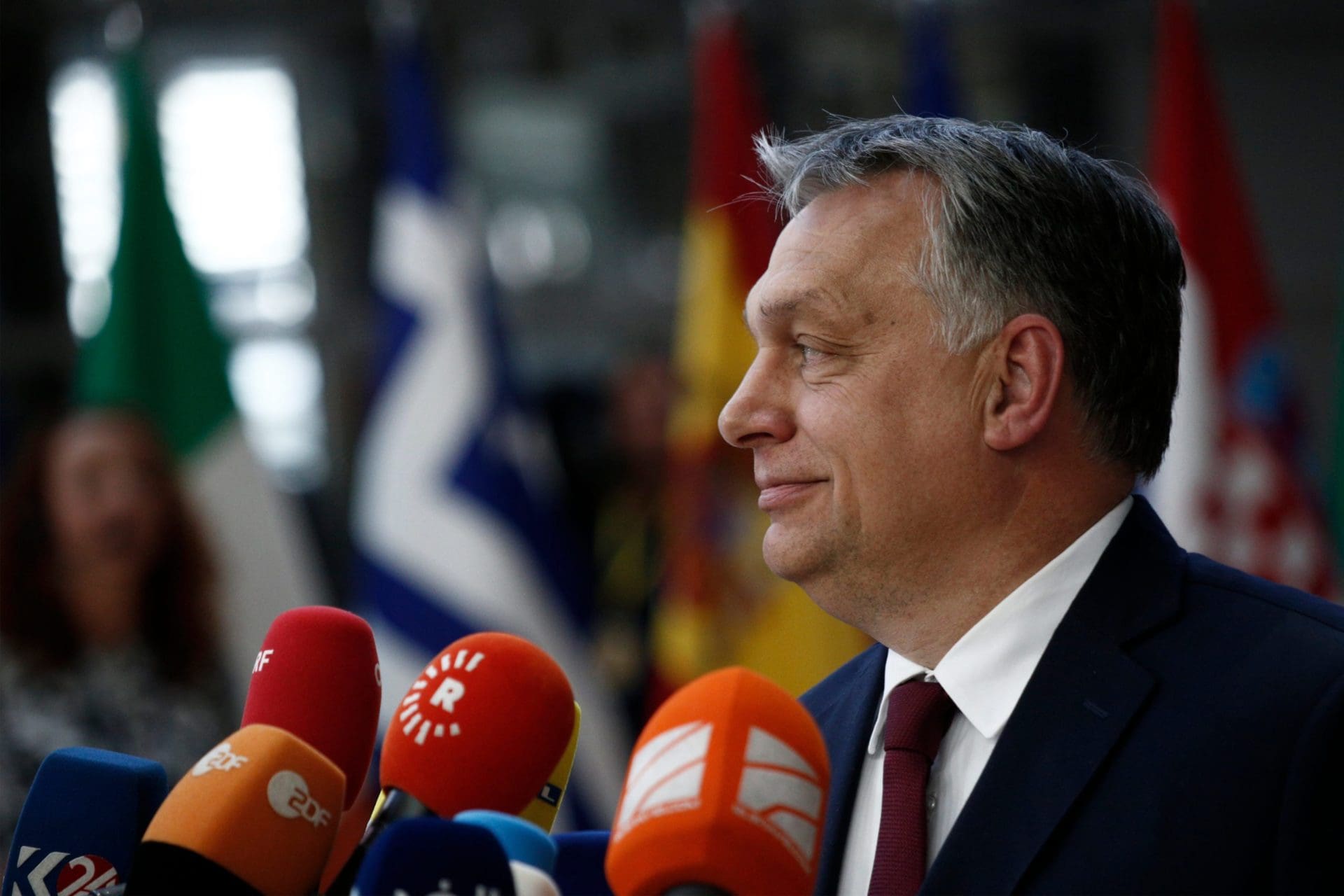
Those wishing to see a fully secularised European Union and who seek to ultimately undermine religion cannot help but tremble now that Hungarians overwhelmingly gave Viktor Orbán a mandate to safeguard and promote Christian democracy.
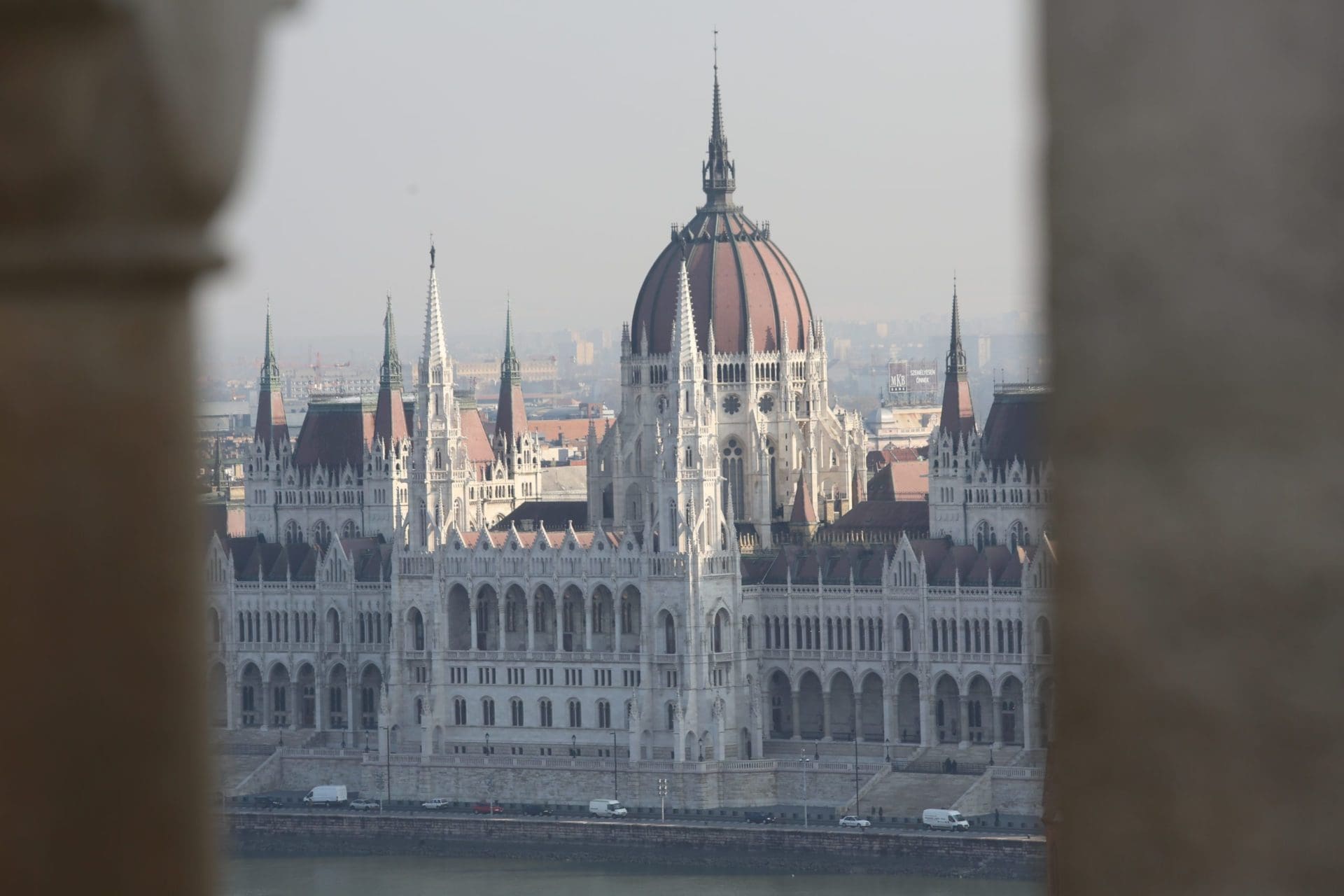
Hungarians’ decision in next month’s parliamentary elections to ensure Orbán another term is of vital importance not just for their economic and social stability, but for the rest of Europe, too.
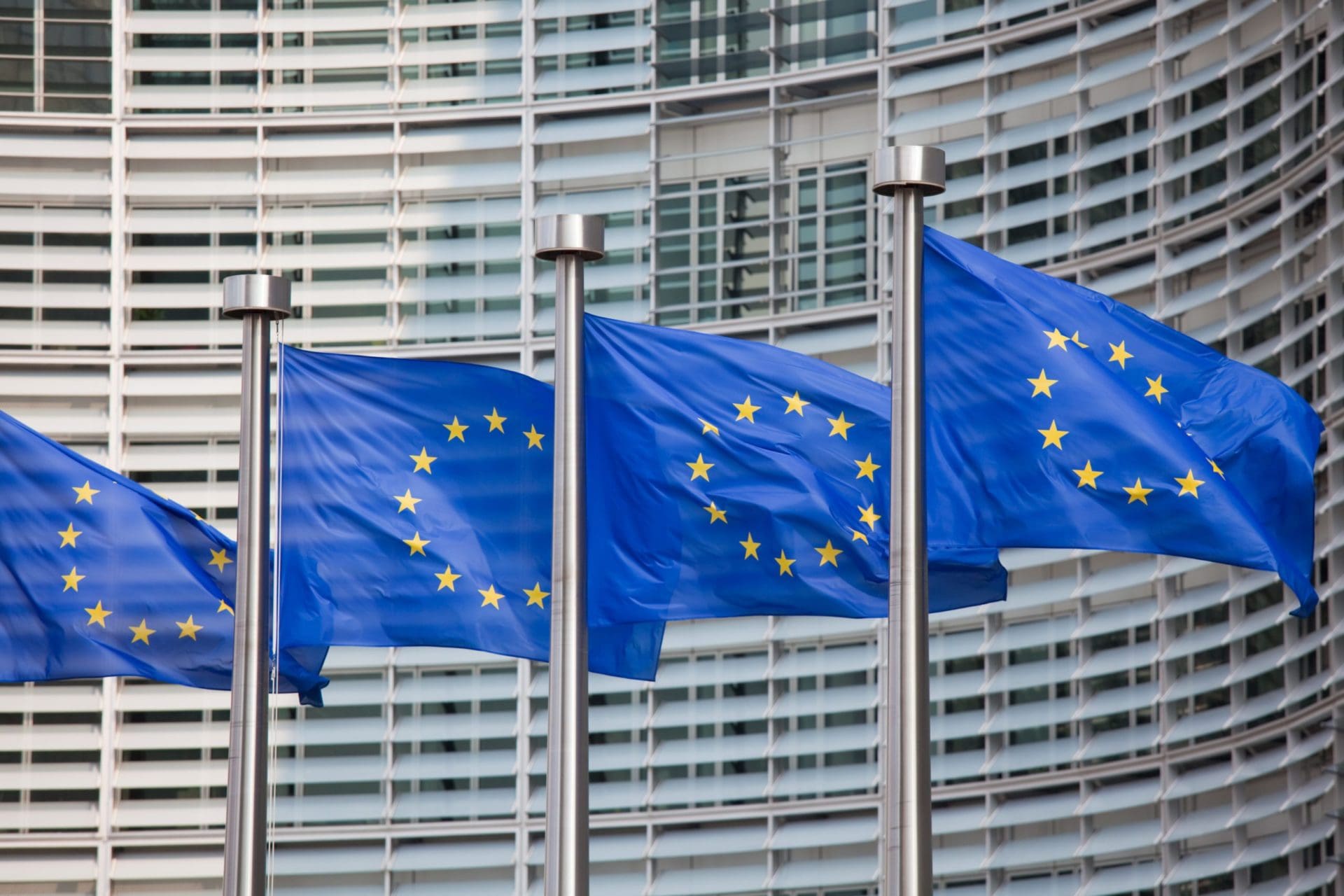
‘I have been able to see a distinct feature in Europe: a complete lack of solidarity among Europeans. Part of this dichotomy stems from a lack of Christian leadership.’

We discussed the future chances of conservatism, the possible political role of Christianity, and how the ‘rainbow culture’ in Germany uses Hungary as an antipole, a perceived enemy, to forge an identity for itself.

Hungarian Conservative is a quarterly magazine on contemporary political, philosophical and cultural issues from a conservative perspective.